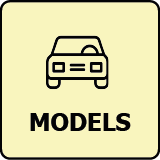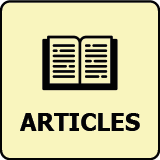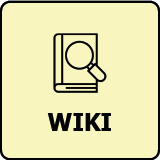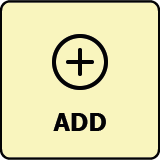Model:
Maker:
Brand:
Model year:
Component:
Crash:
Complaint’s year:
Description:
Component or System Failure: The HVAC system, specifically the compressor and supermanifold, failed on my 2020 Tesla Model Y. Tesla retained the replaced components during service, so they are not available for inspection. Safety Risk: This failure caused a loss of cabin heating and prevented proper windshield/window defrosting during cold weather, severely impairing visibility and creating unsafe driving conditions. Critically, this system also regulates battery heating. Without it, battery performance in cold temperatures can be compromised, reducing driving range, impairing charging capability, and risking vehicle operability in freezing conditions. Problem Confirmation: Tesla service technicians diagnosed and confirmed failure of the compressor and supermanifold. Full replacement was required to restore proper HVAC and battery heating functions. Inspections Conducted: The vehicle was inspected by Tesla service both before and after the failure. Prior to my ownership, the vehicle had been brought in by a family member (prior owner) for HVAC performance concerns. HVAC issues reappeared around 28,000 miles, but I was unable to immediately schedule repairs due to the Tesla Service Center being approximately 1 hour and 15 minutes away and personal scheduling constraints. The vehicle was finally repaired on April 24, 2025, at 38,511 miles. Warning Indicators: Before the failure, HVAC symptoms included inconsistent heating, occasional HVAC warnings, and degraded cold weather performance. Additional Context: I was required to pay $2,992.89 for the repair out of pocket, as the vehicle was just outside of warranty. Due to this failure, I drove for an extended time without reliable cabin heat, defrosting, or proper battery heating in winter conditions, exposing me to serious safety risks. Tesla has acknowledged HVAC component contamination issues in official service bulletins, suggesting a known systemic problem.













